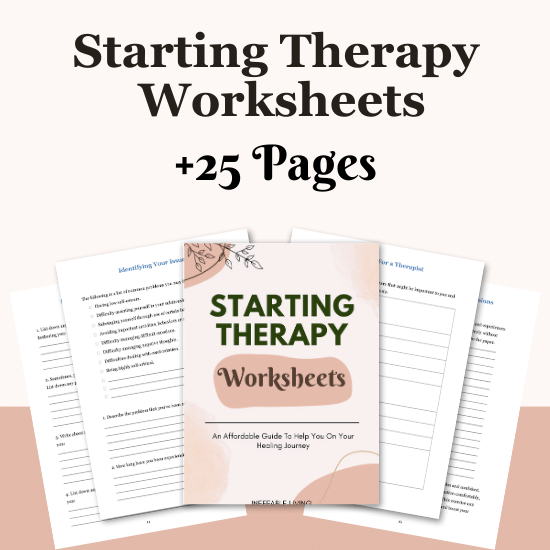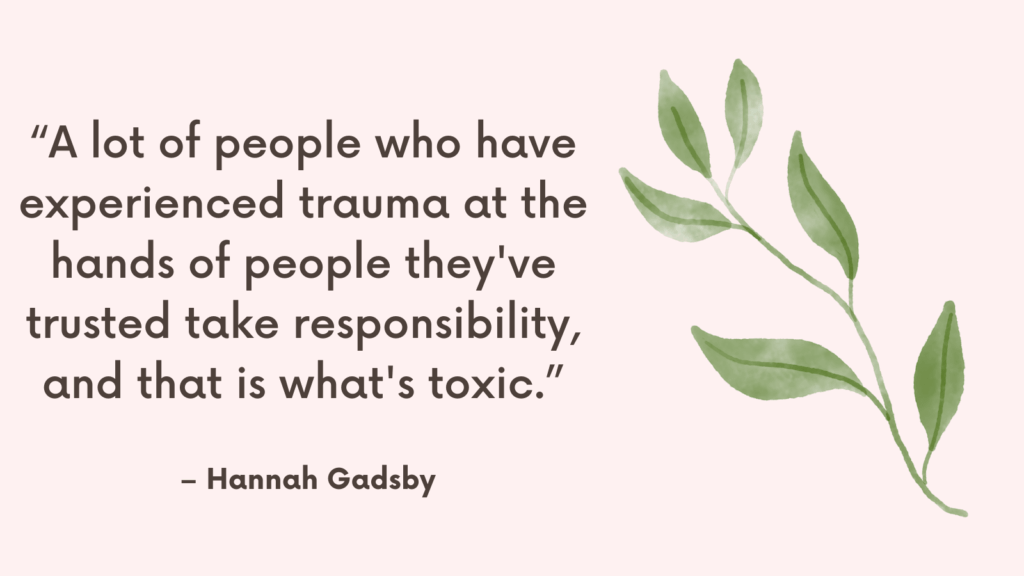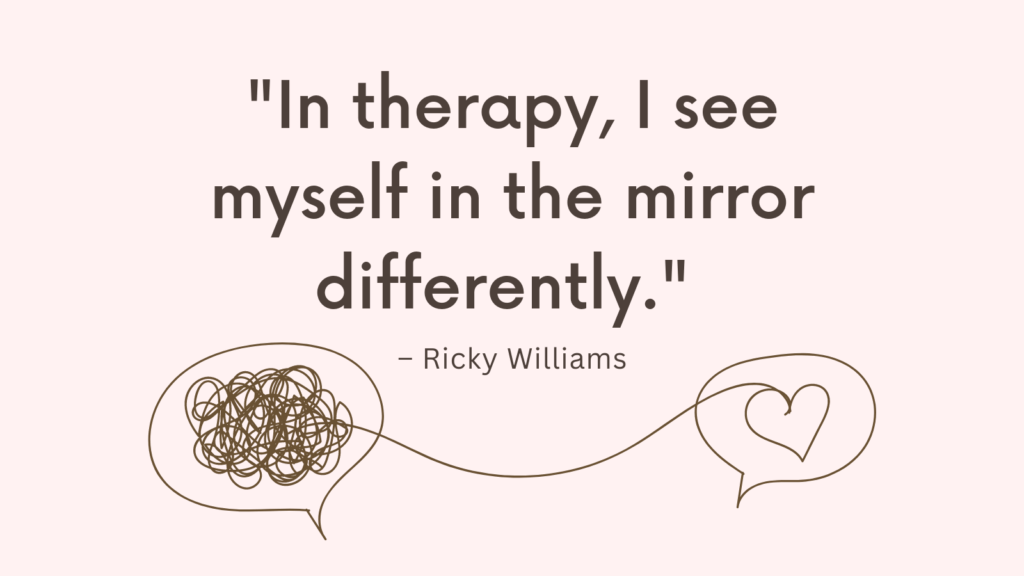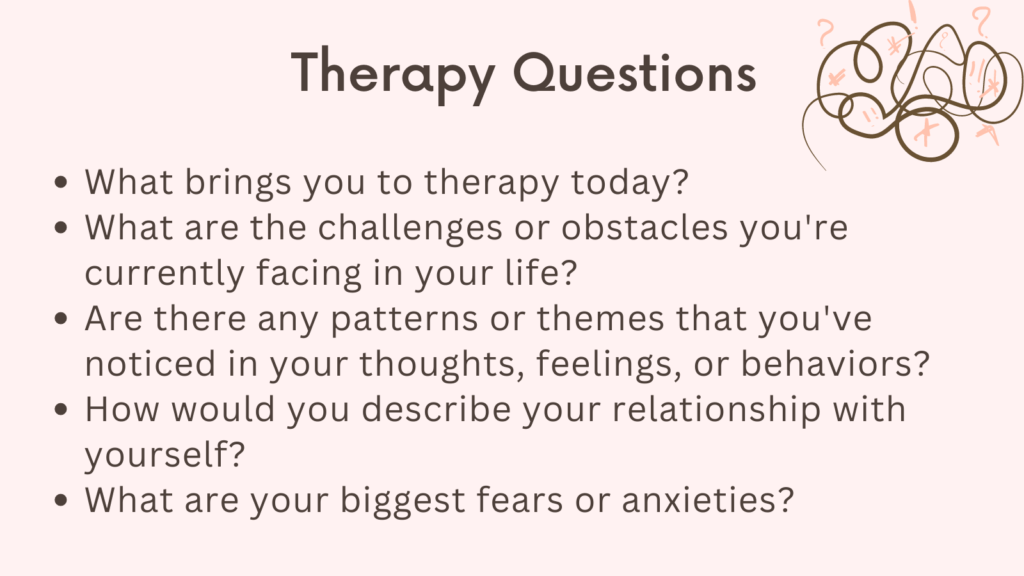Finding a therapist is like starting any relationship — it’s not just about qualifications, but connection. Even the most experienced therapist may not be the right one for you. Therapy should feel like a safe, supportive space to grow — not a place where you shrink, edit yourself, or walk away feeling worse. Here are 10 signs that can help you gauge whether your therapist is a good fit.
Why Therapist Fit Matters More Than You Think
Therapy isn’t just about showing up—it’s about who you’re showing up to. A skilled therapist can still be the wrong fit if the dynamic doesn’t feel safe, validating, or aligned with your needs. The right fit matters because:
- Your nervous system needs to feel safe before it can open up
- You won’t fully engage if you feel judged, misunderstood, or dismissed
- Progress slows when you’re more focused on “being polite” than being real
- A mismatch can reinforce past patterns of emotional invalidation
- Healing happens inside relationships that feel secure—not perfect
The best therapist in the world won’t help if you can’t bring your full self into the room.
Is Your Therapist the Right Fit? 9 Signs to Watch
1. You Feel Emotionally Safe
You don’t have to feel totally comfortable right away, but you should feel emotionally safe — free from judgment, shame, or pressure to be someone you’re not.
2. They Listen More Than They Talk
Good therapy isn’t a lecture. If your therapist consistently interrupts, over-explains, or talks more than you do, that may be a red flag. You deserve space to explore your thoughts.
Related: What To Talk To Therapist About: Top 35 Topics
3. You Don’t Feel Dismissed or Minimized
A helpful therapist doesn’t brush off your feelings with phrases like “That’s not a big deal” or “You’re overthinking.” They take your pain seriously, even if it seems small.
4. They Respect Your Boundaries
You should never feel pressured to talk about something before you’re ready. A good therapist honors your pace and doesn’t push past your limits for the sake of “breakthroughs.”
5. They’re Open to Feedback
You should be able to say, “That didn’t feel helpful” or “I’d rather focus on something else,” and feel heard — not punished or shamed for it.
6. You Leave Sessions Feeling Seen — Not Shaky
Therapy can be emotional, but you should leave most sessions with a sense of insight, relief, or support. If you regularly leave feeling more confused, judged, or unsettled, take note.
Related: How to Reach Out to a Therapist for the First Time?
7. Your Identity Is Affirmed, Not Erased
You should never have to justify or defend your identity — your culture, gender, beliefs, or lived experiences. A therapist who can’t hold that space isn’t a safe one.
8. They Stay Present — Not Distracted
A therapist who checks their phone, frequently forgets your story, or seems disengaged may not be offering the presence you deserve. You should feel like a priority in the room.
9. Their Approach Aligns With Your Needs
Some people need practical strategies. Others need space to explore. A good fit means their style matches your goals — not just their preference.
Related: 8 Things to Avoid Telling Your Therapist

Conclusion
Therapy is personal. You deserve to feel safe, supported, and respected. If something feels off, it’s okay to switch. It doesn’t mean therapy isn’t for you — it just means you haven’t found your person yet. Keep looking. You’re worth the right connection.



